Have you ever felt overwhelmed by the rapidly changing landscape of digital marketing? The pace at which digital marketing evolves can be daunting, even for seasoned professionals. In the quest for campaign planning mastery in 2024, do you find yourself searching for effective strategies that can withstand the test of time and technological advancements? If these questions spark a sense of curiosity and anticipation within you, you’re not alone.
This article is designed to guide you through the intricacies of planning successful digital marketing campaigns in the coming year. From leveraging the latest tools and platforms to understanding consumer behavior in a digital age, we’ll cover essential tips and tricks that promise to elevate your marketing game.
Stay with us as we unveil how to craft memorable introductions that capture attention and drive engagement and results in the ever-evolving digital marketing sphere.
The Three Phases of Campaign Planning
Breaking down your campaign planning into phases helps manage the process more effectively, ensuring every detail is noticed.
Phase 1: Pre-Campaign Setup and Preparation
Preparation is key. This initial phase lays the groundwork—defining your target audience, conducting market research, and setting clear objectives. It’s the strategic planning that determines the direction of your campaign.
Phase 2: Execution and Management
With a solid plan, it’s time to bring your campaign to life. This phase involves execution—publishing content, launching ads, and engaging with your audience.
It’s the action-packed middle of your campaign where everything you’ve planned starts to materialize.
Phase 3: Post-Campaign Analysis and Optimization
After the dust settles, it’s time to reflect. Analyzing your campaign’s performance offers invaluable insights into what worked and what didn’t and how you can optimize future campaigns for greater success. It’s a learning phase that shapes your strategy moving forward.
The Campaign Planning Process: A Step-by-Step Guide
The campaign planning process is a comprehensive approach that involves several steps designed to ensure the success of marketing or advertising campaigns.
A well-planned campaign can significantly impact your political, social, marketing, or advocacy goals. Here’s a step-by-step guide to navigating the campaign planning process:
1. Define Your Objectives
The first step in any campaign planning process is clearly defining your objectives. What do you hope to achieve with your campaign? Objectives range from increasing brand awareness, generating leads, influencing public opinion, or driving sales.
Your objectives should be SMART: Specific, Measurable, Achievable, Relevant, and Time-bound.
2. Understand Your Audience
Knowing your target audience is crucial. This step involves researching and understanding who your audience is, their behaviors, preferences, challenges, and how your campaign can address their needs or interests.
Creating audience personas can be a helpful way to visualize and focus your efforts.
3. Analyze the Competitive Landscape
Understanding the competitive environment can provide insights into what has worked (or not) for others in your space. This analysis can help you identify opportunities to differentiate your campaign and avoid the pitfalls encountered by others.
4. Set Your Budget
Your budget will significantly influence the scope of your campaign. Setting a realistic budget early on is essential, considering all potential costs: media buying, creative development, technology investments, and other resources.
5. Develop Your Strategy
With your objectives, audience, competition, and budget in mind, you can now develop your campaign strategy. This includes deciding on the channels (e.g., social media, email, TV) you will use, the messaging and creative concepts that will resonate with your audience, and how you’ll differentiate your campaign from competitors.
6. Plan Your Tactics
Tactics are the actions you’ll take to execute your strategy. This could involve specific content pieces, advertising formats, promotional activities, or events. Each tactic should align with your overall strategy and contribute to achieving your objectives.
7. Create a Timeline
Organize your tactics into a timeline, outlining when each action will be taken. This schedule should consider any external factors, such as seasonality or industry events, that could impact the effectiveness of your campaign.
8. Execute Your Campaign
With everything planned, it’s time to launch your campaign. Execution involves closely managing all the moving parts to ensure that activities are carried out as planned, within budget, and on schedule.
9. Monitor and Adjust
Once your campaign is live, continuous monitoring is essential to track its performance against your objectives. Be prepared to make adjustments based on real-time data. This could involve reallocating the budget, tweaking messages, or changing tactics.
10. Evaluate and Learn
After the campaign concludes, it’s essential to evaluate its overall performance. Analyze the results in the context of your objectives and gather insights that could improve future campaigns.
What worked well? What didn’t? Use this analysis to refine your approach for next time.
The 3 Keys to a Successful Campaign
Success in digital marketing only happens by chance. It results from strategic planning, a deep understanding of your audience, and the delivery of compelling content.
Let’s delve into the three keys that unlock the potential of your marketing campaigns.
Key 1: In-depth Market Research
The foundation of any campaign is built on robust market research. Knowing your audience, understanding their needs, and identifying their preferences allows you to craft campaigns that are seen and felt.
This deep dive into your market’s psyche sets the stage for a campaign poised for success.
Key 2: Clear and Measurable Objectives
What does success look like for you? Is it more website traffic, increased sales, or higher engagement on social media? Setting clear and measurable objectives is crucial.
It guides your campaign’s direction and offers a benchmark against its effectiveness.
Key 3: Engaging and Relevant Content
In the digital world, content is king. But not just any content—content that engages, informs, and inspires action. Your campaign’s message should resonate with your audience, addressing their needs and sparking their interest.
This is where creativity meets strategy, crafting content that stands out in a crowded digital space.
Mastering the Campaign Planning Process with Index365
The journey to campaign planning mastery is both challenging and rewarding. With the right strategies, insights, and tools, you can unlock the full potential of your digital marketing efforts and achieve unprecedented success. And with Index365, you have everything you need to make that happen.
Don’t let another day pass by without maximizing your digital marketing potential. Join the ranks of successful marketers who have transformed their campaign planning and execution with Index365.
Contact us today – Start your journey to digital marketing mastery. Let Index365 be your guide to unparalleled campaign planning success.







